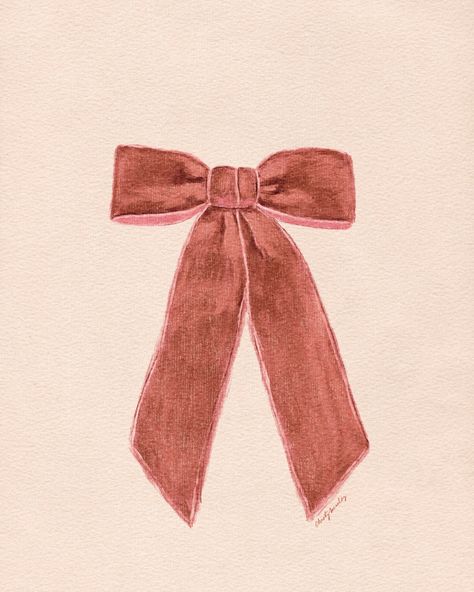Hello everyone and welcome back! This week’s novel had the exciting premise of a bank robbery gone wrong (ooooh ahhhh). Ricardo Piglia’s factual/fictional retelling of a bank robbery in Buenos Aires, Money to Burn started off so strong. I enjoyed the action-packed narrative interspersed with the backstories of the different characters. As the novel progressed, I started to enjoy it less and less because absolutely none of the characters had me rooting for them. I did not want the crooks to win, nor did I particularly want the cops to win too. The language used by the robbers was awful, and after a certain point felt like it was used for fun, rather than character development. I do recognize that their dialogue was based on real-life people, but it still felt unnecessary later on. The constant disregard towards women, or anyone but their gang, was gross and I hated it. Especially when Piglia is trying to create redeeming qualities by telling their tragic backstories, it makes the reader like the characters even less.
To touch on the subject of women, the portrayal of women in this novel was awful. Every single woman that was mentioned was called a whore, if not many other derogatory names, at least once. I understand that the men viewed women as disposable, or means to an end, but again, after a certain point, it was unnecessary. It is interesting to me that the over-objectification of women could serve as a point of comparison against Gaucho and the Kid’s relationship. They are quite clearly in love with each other despite their sexualities never being stated. It seems they make a point to be overly misogynistic to assert their statuses as “macho” or hardened criminals but it is also because they are probably gay. A weird phenomenon in “straight” (?) teenage boys is to be super misogynistic to assert themselves as cool, which makes no sense. Their behaviour and language towards women transported me back to middle school again, except they are 20-year-old criminals. Also, can we talk about the Crow having a relationship with a fifteen-year-old? Hello, The Lover ! The power imbalance in the relationship between Mereles and Blanquita is a classic case of grooming, especially as he plies her with drugs. Her on the train defending him is saddening, showing how much he had influenced her in those few months.
I want to talk about the scene of Gaucho, The Kid, and Crow burning the rest of the money, as the money is the whole point of the novel. It is interesting to watch the devolution of their entire plan, from being so precisely planned down to the minute, to shooting themselves up with drugs before shooting down the cops. The burning of the money is the penultimate event before their death/capture and the moment when the public turns entirely against these three crooks. The money is the symbol of their success, their possible futures and all they stand for, so when they burnt it, they both committed an act denouncing their country (literally burning money) but also sealing their fate. They have burned their future, reason for being here, and turned everyone against them, effectively renouncing every good deed they had ever committed. I believe they were all metaphorically dead by the time they burnt the money.
On that bleak note, my question for you is do you think any of the characters had redeeming qualities, either before or after burning the money? Or were they all evil from the start?
Thank you for reading!
– Len ❤


Leave a comment